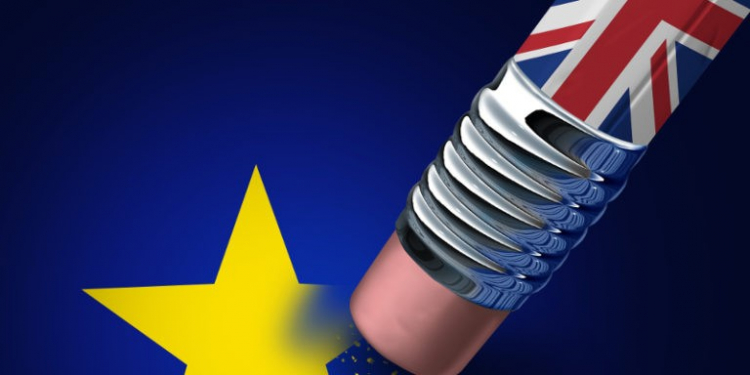The UK’s Brexit vote to leave the European Union has dominated the headlines since the end of June, but what will the effect on the potato industry be?
By Cedric Porter of World Potato Markets
On June 23 2016 the British people were given the choice “Should the United Kingdom remain a member of the European or leave the European Union?” Of the 33.5 million people who voted 51.9% chose to leave with 48.1% wanting to remain. It was a result that shocked many, and will have massive implications for both the UK and the European Union and will impact on the potato industry.
Along with Germany, the UK is the EU’s largest potato market consuming more than six million tons of potatoes and potato products every year. With harvests of around 5.5 million tons a year, the UK does not produce enough potatoes to fulfill its own needs importing the equivalent of more than two million tons of potatoes a year making it one of the most important potato mar kets in the world.
It is likely that the UK will remain in the EU until spring 2019. Up to that date there will be no change in the relationship between the UK and the EU so trade will be able to flow freely between the country and the other 27 EU states with citizens of those countries also able to move freely.
Much of the next two years will be taken up by negotiating the relation ship between the UK and the EU after Brexit with a focus on two key areas – trade and the movement of people and labor.
BIG UK POTATO TRADE DEFICIT
In the year to April the UK imported GBP266m (EUR332.5m) more potatoes and potato products than it exported with sales into the country worth more than half a billion euros. The biggest deficit is in the trade of frozen fries with the UK importing
GBP320m (EUR400m) more product than it exports with virtually all its imports coming from the EU. If no trade deal is reached, the UK could impose an internationally agreed World trade Organization tariff of 14.4% on imports, pushing up the price of imports. Those imports have already become more expensive since the referendum because of the fall in the value of the pound. Analysis by World Potato Markets suggests that the price of imported fries in pounds could increase by 25% over the next year because of the currency effect.
That could reduce import demand by 17%. The WTO tariff on seed potatoes is lower than on other products at 4.5%.
The UK also imports substantially more potato flakes and flour than it exports, but there are areas where it is a net exporter. The most important is potato seed. In the year to April there exports were GBP35 million (EUR43.75m) more than imports at GBP44m (EUR55m). Around 65% of UK seed exports are to non-EU markets with half of all sales to Egypt.
The tariff on potato seed is only 4.5% so even if there were no trade deal with the EU there would be a limited impact on British seed trade with the EU. The UK also has a small surplus in dehydrated potato products including chips, or as the British call them, crisps. For fresh, or ware, potatoes the deficit in UK trade is not so market as with products. In some years the difference between imports and exports is small. In the year to April 2016 imports were at GBP77m (EUR96.25m) and exports at GBP57m (EUR71.25 m). But in the year to April 2013 following a very wet harvest in 2012 that led to a very small harvest, the UK imported GBP121m more potatoes than it exported. In the current 2016/17 sea son there is an expectation that the UK could be a net exporter of potatoes because of poor yields and a small crop across the EU’s main growing region in Northern France, Belgium and the Netherlands along with better conditions in the UK and the competitiveness of the British pound.





